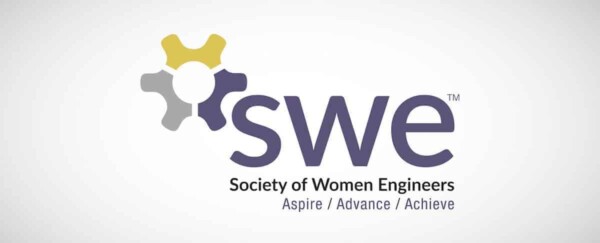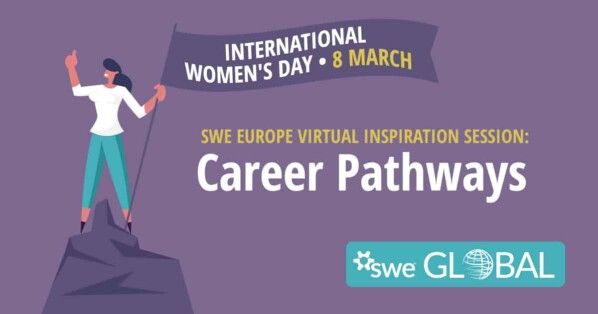What inspired you to become an engineer?
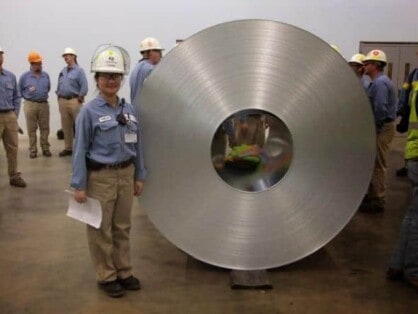 If you asked me this question while I was in grade school, my answer would be very simple: I love chemistry and physics. Ever since I can remember, I’ve loved watching chemical reactions. I found the mysterious solar system very fascinating. I love space, but never wanted to be an astronaut (I thought spending time in space was a lonely idea). I went to St. Stephen’s Girls’ College, an all-girls school in British Hong Kong established by the Anglican Church in 1906. The curriculum put a heavy focus on music education and home economics. I took piano and flute lessons after class. Needlework and culinary art lessons were also mandatory. I never liked to sit still in lecture when I was young. During my secondary school years (equivalent to 7th grade), we had to decide between art, science and commerce for our concentration of study. I chose science as I always enjoyed chemistry and physics lab sessions because they were hands-on (I could move around the classroom instead of sitting still!). I liked classes such as calculus and physics because once I understood the concept, I could solve problems without needing to spend time memorizing concepts one at a time. My 7th grade physics teacher gave us a challenge: design a thermal cup. Our group designed a stainless-steel cup with two layers and vacuum in between. This was my first exposure of material selection and design for application. I was told multiple times that boys do better in math and science than girls. I did not understand why there was such a saying and did not know if it was true. My initial feeling was, “Why? That’s not fair!” I was determined to prove them wrong. I told myself “This cannot be true… and I am as smart as the boys!”
If you asked me this question while I was in grade school, my answer would be very simple: I love chemistry and physics. Ever since I can remember, I’ve loved watching chemical reactions. I found the mysterious solar system very fascinating. I love space, but never wanted to be an astronaut (I thought spending time in space was a lonely idea). I went to St. Stephen’s Girls’ College, an all-girls school in British Hong Kong established by the Anglican Church in 1906. The curriculum put a heavy focus on music education and home economics. I took piano and flute lessons after class. Needlework and culinary art lessons were also mandatory. I never liked to sit still in lecture when I was young. During my secondary school years (equivalent to 7th grade), we had to decide between art, science and commerce for our concentration of study. I chose science as I always enjoyed chemistry and physics lab sessions because they were hands-on (I could move around the classroom instead of sitting still!). I liked classes such as calculus and physics because once I understood the concept, I could solve problems without needing to spend time memorizing concepts one at a time. My 7th grade physics teacher gave us a challenge: design a thermal cup. Our group designed a stainless-steel cup with two layers and vacuum in between. This was my first exposure of material selection and design for application. I was told multiple times that boys do better in math and science than girls. I did not understand why there was such a saying and did not know if it was true. My initial feeling was, “Why? That’s not fair!” I was determined to prove them wrong. I told myself “This cannot be true… and I am as smart as the boys!”
I left Hong Kong at age 16 and went to Monte Vista Christian School, a boarding school in Monterey Bay, California. This was when I learned to be independent. There was not much entertainment for the boarding students since we had restricted internet and phone access. I spent time reading books—mostly physics books. That was when I learned more about the commonalities of calculus and physics: distance, speed, acceleration, F=ma… these concepts are simply calculus (same concept applies to many things! That makes life easier when it’s time to study for exams!). I planned to apply for a mechanical engineering program for my college applications. I learned about mechanics through physics class and I was not familiar with other types of engineering. My dad had a chance to talk to Nobel Prize-winning Sir Charles Kuen Kao—father of fiber optics—through an industrialist tour group in Finland. He then advised me to consider materials engineering. I had not heard of materials engineering before, but since it involves a mix of chemistry and physics, I thought it would be interesting to learn more about.
I went to the University of Illinois for Materials Science and Engineering (MatSE). My freshmen MatSE class had about 70 students; only about 50 of them made it to their sophomore year since this was a hard major. I never thought about switching to a different major as I was determined to prove that females could also succeed in engineering therefore, “switching to another major” was not an idea that I ever considered. At the end of sophomore year, we had to pick a concentration: ceramics, metals, polymer, electronics, and biomaterial. I chose metallurgy by using the process of elimination and a little bit of Chinese horoscope and Fengshui.
- Process of elimination: I never cared much about biology. It was okay, but I enjoyed chemistry and physics more. Electronics classes were full of super smart students from the electrical and computer engineering major. I lacked confidence at the time to even consider it. Then, I was left with ceramics, metals and polymer to choose from.
- Fengshui (風水): Ancient Chinese scientists believed astronomy could help one find correlations between human, universe, ecosystem and the landscape based upon statistics. According to the 5 elements (五行), polymer is fire, metal is metal and ceramic is earth. I was once told by a Fengshui Master that I need more water in my life based on my birth time. Since I liked several of the professors who taught metal classes and Taoist philosophy said, “metal generates water,” I selected metallurgy as my area of concentration. By the time I was a junior, I foresaw myself working in the steel industry.
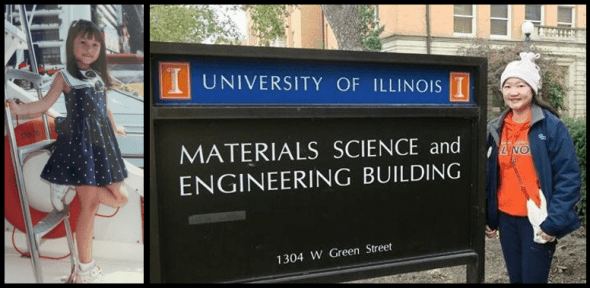
What’s the best part of your job?
I worked in the steel industry for a decade before switching to the aluminum industry. My jobs involved hands-on tasks such as chemical and mechanical testing in the lab, inspection of products, process improvement, traveling to customer sites for service and product support, etc. Throughout my career, I’ve gained experience with manufacturing process, product quality, supplier qualification and customer applications. These are some of my past and current responsibilities:
- Improve productivity through data analysis and reviewing trends
- Resolve customer claims, ensure product meets customer applications
- New product qualification, recommend solutions to customer through product applications and designs
- Reduce defects and salvage defective products, improve inspection method and define product release criteria
- Mechanical and chemical testing data analysis, ensure consistency in testing
What advice do you have for future engineers?
- Keep a curious mind and be innovative when solving problems.
- Study hard. It is okay to not be the smartest in the class as long as you work hard and are well-prepared.
- Believe in yourself. Self-confidence is important. I questioned why boys are better than girls in math and science, and I was determined to disprove that. Remember, if I can STEM, so can you.
About Vanessa Li:
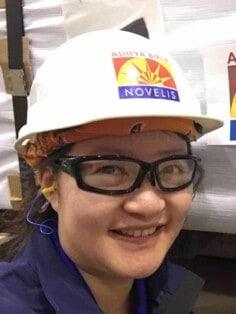 Vanessa Li is an active member of the Society of Women Engineers (SWE). She received her undergraduate degree in Materials Science and Engineering from University of Illinois at Urbana-Champaign, and her Master of Business Administration degree from Indiana University at Bloomington. Vanessa likes to host weekend stays for international students and help them get adapted to living in the U.S. Over the years, she has mentored students on various topics such as coursework selection, career options, job shadowing for engineering students, and STEM outreach. Vanessa recently moved back near her alma mater and is looking forward to participating in more local academic science and engineering activities and events.
Vanessa Li is an active member of the Society of Women Engineers (SWE). She received her undergraduate degree in Materials Science and Engineering from University of Illinois at Urbana-Champaign, and her Master of Business Administration degree from Indiana University at Bloomington. Vanessa likes to host weekend stays for international students and help them get adapted to living in the U.S. Over the years, she has mentored students on various topics such as coursework selection, career options, job shadowing for engineering students, and STEM outreach. Vanessa recently moved back near her alma mater and is looking forward to participating in more local academic science and engineering activities and events.
Author
-

SWE Blog provides up-to-date information and news about the Society and how our members are making a difference every day. You’ll find stories about SWE members, engineering, technology, and other STEM-related topics.




